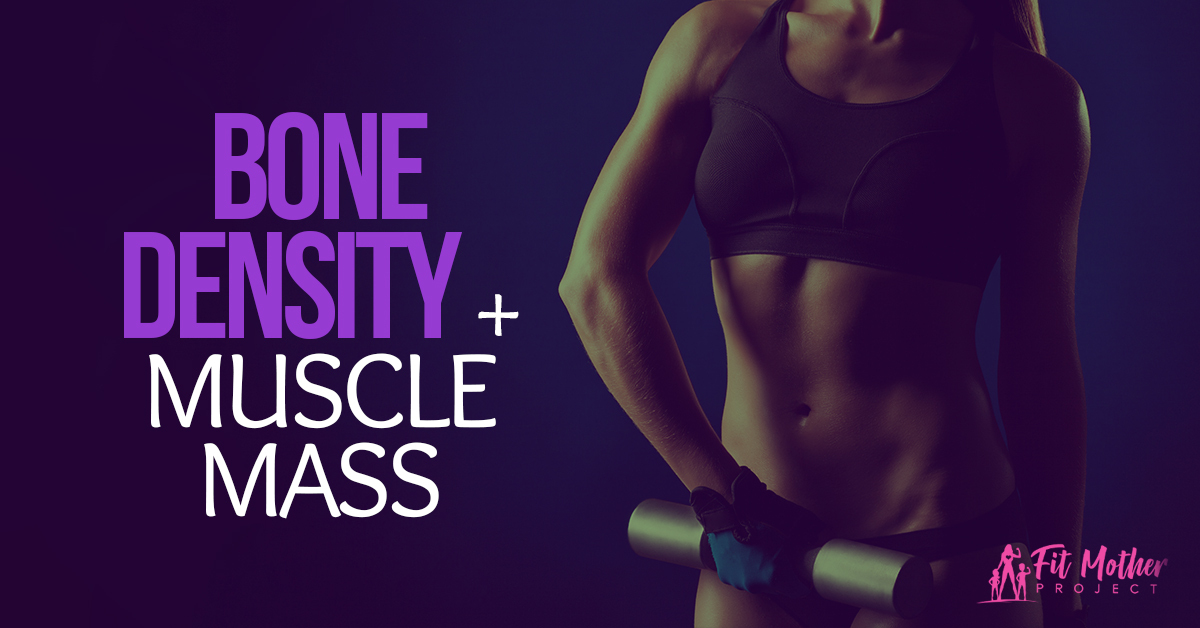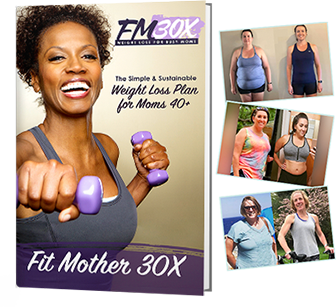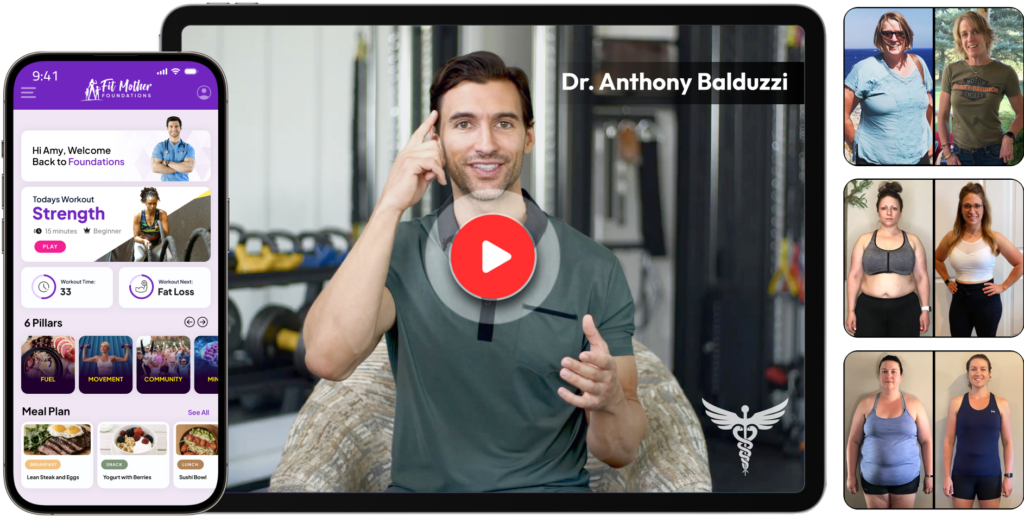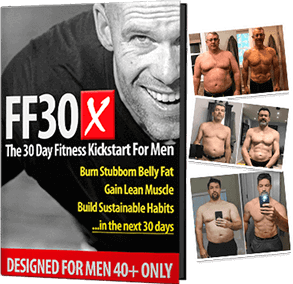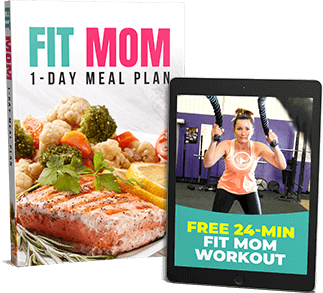Maximizing bone density and muscle mass after 40 might be more important than you think to optimize overall health and wellness.
Sufficient bone density and muscle mass are important at any age, but especially in women over 40.
Maintaining strong bones and muscles after 40 and beyond lowers your risk of breaking a bone or sustaining muscle tears and other injuries.
It helps you maintain optimal musculoskeletal function in older adulthood.
Follow a few tips and tricks to ensure you achieve maximum bone density and muscle mass at any age.
Women have unique health risks and needs. Check out our comprehensive health checklist for women over 40!
Fit Mother Project is the first sustainable health & weight loss program designed exclusively for busy mothers just like you... FM30X is the first sustainable weight loss program designed exclusively for *busy* mothers like you... JOIN OUR fit
mother
PROGRAM (FM30X)JOIN OUR FIT MOTHER 30X PROGRAM
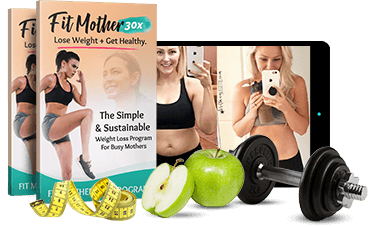
18 Ways to Optimize Bone Density and Muscle Mass After 40
1. Consume Calcium
Calcium is an essential nutrient that's crucial for maintaining optimal bone density and muscle mass.
It's an important component of bones and necessary for proper muscle contraction and nerve functioning.
Calcium even contributes to strong teeth.
It's important to consume plenty of calcium in your diet at every age, especially in the younger years when your body efficiently builds bone density and muscle mass.
Maintaining a high calcium intake after 40 and into older adulthood helps prevent or reduce the loss of bone density and muscle mass associated with aging.
Calcium recommended dietary allowances (RDAs) are 1,000 milligrams daily for women ages 19-50, and 1,200 milligrams per day for women over 50.
If you take a multivitamin supplement, make sure it contains calcium in sufficient amounts.
You can obtain calcium from eating the following calcium-rich foods:
- Milk
- Soy milk
- Almond milk
- Other plant milks
- Kefir
- Protein shakes
- Greek yogurt
- Cottage cheese
- Reduced-fat cheese
- Canned salmon
- Tofu
- Calcium-fortified breakfast cereals
- Calcium-fortified orange juice
- Leafy greens
Dairy foods are some of the best sources of calcium.
For example, one cup of milk or yogurt might provide up to 30% of your daily value for calcium. Check the nutrition facts label to know for sure.
Learn about gender differences in diet and exercise as we sort the myths from the facts.
2. Get Plenty of Vitamin D
Many women don't meet the daily vitamin D requirements needed to sustain optimal bone density and muscle mass.
In fact, vitamin D deficiency can lead to bone pain and muscle weakness.
To maximize bone density and muscle mass, women need at least 15 micrograms of vitamin D daily up to age 70, and 20 micrograms per day over age 70.
Vitamin D-rich foods to consider adding to your daily menu include:
- Fish
- Milk
- Plant milk
- Yogurt
- Mushrooms
- Egg yolks
- Vitamin D-fortified breakfast cereals
- Vitamin D-fortified orange juice
Fish offers about 70-80% of your vitamin D daily value in each 3-ounce portion.
Mushrooms (1/2-cup portion) offer 46% of your daily value, and 1 cup of vitamin D-fortified milk provides 15% of your daily value for vitamin D.
You can also get vitamin D from taking a multivitamin supplement for women and being exposed to sunlight.
If you're concerned you might be at risk of vitamin D deficiency, your doctor can order a simple blood test to check your levels and let you know if taking an additional vitamin D supplement to optimize bone density and muscle mass is a good idea.
These 7 principles of nutrition are always true, no matter what your diet consists of.
3. Consume Vitamin K
Studies show that vitamin K, another essential nutrient, helps maximize bone strength at every age.
Women over 40 and beyond need at least the RDA for vitamin K, which is 90 micrograms daily to optimize bone density and muscle mass.
Food sources of vitamin K include:
- Leafy greens
- Other vegetables (especially green veggies)
- Eggs, cereals, meat, and fish in smaller amounts
Vitamin K is likely present in your multivitamin supplement if you take one.
4. Don't Forget About Magnesium
Magnesium is a mineral that's important for bone density and muscle mass.
In fact, nearly 99% of magnesium in the body is present in bones, muscles, and other soft tissues.
This nutrient is abundant in numerous foods and multivitamin supplements.
The magnesium RDA for women is 310-320 milligrams daily.
Foods rich in magnesium include:
- Legumes
- Nuts
- Nut butter
- Breakfast cereals
- Oatmeal
- Brown rice
- Soy milk
- Soybeans
- Potatoes
- Spinach
Eating a variety of healthy, fiber-rich foods can help you meet daily magnesium requirements to ensure optimal bone density and muscle mass.
Learn more about the benefits of magnesium in this video as we discuss magnesium for sleep, anxiety, and weight loss.
5. Ingest Enough Phosphorous
Like many other essential minerals, phosphorous is essential to maximize bone density and muscle mass.
It's an important component of your bones and teeth.
Furthermore, phosphorous deficiency can result in muscle weakness, skeletal problems, and bone pain.
To ensure you're getting enough phosphorous to meet your body's daily needs, consume the phosphorous RDA for women, which is 700 milligrams daily.
Take a multivitamin supplement containing phosphorous and ingest phosphorous-rich foods, such as:
- Beef
- Chicken
- Milk
- Yogurt
- Cheese
- Fish
- Seafood
- Legumes
- Nuts
- Whole grains
- Potatoes
Eat a variety of healthy, whole foods and take a dietary supplement containing phosphorous to ensure you meet daily phosphorous requirements and maximize bone density and muscle mass.
6. Eat Potassium-Rich Foods
Potassium is important for both bone and muscle health.
It helps keep your bones strong and maximizes lean body mass.
Potassium is abundant in many healthy foods, especially:
- Fruits
- Vegetables
- Legumes
- Milk
- Yogurt
- Beef
- Chicken
- Fish
Dietary requirements for potassium in women are 2,600 milligrams per day.
This essential mineral is probably present in your multivitamin supplement, but check the label to be sure.
This video will teach you how to read nutrition labels properly.
7. Consume Zinc
Studies show that zinc is an essential nutrient that promotes bone regeneration, which is important for women of all ages (especially women over 40).
Zinc also plays a role in muscle building, maintenance, and repair.
Foods rich in zinc to consider include:
- Oysters
- Crab
- Lobster
- Beef
- Pork
- Chicken
- Beans
- Other legumes
- Fortified breakfast cereals
- Milk
- Yogurt
- Cheese
- Nuts
- Seeds
Women need at least 8 milligrams of zinc daily to achieve optimal bone density and muscle mass.
8. Complete Strengthening Exercises
Childhood and young adulthood are good times to begin building bone density and muscle mass with bone- and muscle-strengthening exercises.
These exercises are important throughout older adulthood and beyond.
Strength train all major muscle groups at least two times per week to maintain strong bones and muscles.
Consider at-home weightlifting, bodyweight exercises, or using resistance bands.
Complete weight-bearing cardiovascular exercises at least 30 minutes most days of the week.
Examples include jogging, walking, hiking, rope jumping, playing tennis, and stair climbing.
Non-weight-bearing exercises can optimize muscle building, heart health, and your body weight.
Try incorporating these free weight exercises into your workouts!
9. Eat Plenty of Protein
Getting enough protein in your diet daily is crucial for a variety of reasons, not just to maintain optimal bone density and muscle mass.
Protein is important to sustain just about every structure and function within your body.
It helps boost satiety, keeps your metabolism high, and enhances healthy weight management.
Protein RDA for women of all ages is 46 grams per day.
This is a minimum daily requirement, as consuming more protein than this is often beneficial (especially after 40).
The maximum amount of protein your body appears to utilize in a day is 2 grams per kilogram of your body weight, or about 1 gram of protein per pound of body weight daily, according to Harvard Medical School.
Foods rich in protein include:
- Chicken, turkey, duck, and other poultry
- Fish and seafood
- Red meat
- Eggs
- Tofu, tempeh, and other plant proteins
- Greek yogurt, milk, plant milk, and kefir
- Reduced-fat cheese and cottage cheese
- Beans, peas, and other legumes
- Nuts, seeds, and nut butters
- Protein shakes
- Protein bars
Steer clear of protein shakes and bars containing high amounts of added sugar.
Aim to eat protein at each meal and snack to maintain optimal bone density and muscle mass.
In this video, we help you sort the myths from the facts to find out how much protein you need in a day depending on your goals.
10. Maintain a Healthy Weight
Maintaining a healthy weight to maximize bone density and muscle mass is two-fold.
Doing so gives you more energy, so you can complete muscle- and bone-strengthening exercises with ease.
Furthermore, being underweight puts you at risk of nutrient deficiencies associated with weak bones and muscles.
To achieve or maintain a healthy body weight, aim for a body mass index (BMI) of 18.5 to 24.9.
To calculate your BMI, use a free online BMI calculator or the following formula:
- Multiply your body weight (in pounds) by 703
- Divide that number by your height (in inches)
- Divide by your height (in inches) again
If your BMI is classified as overweight or obese, try the Fit Mother Project 30X (FM30X) program for busy moms, as it's helped thousands of women drop excess weight and keep it off for life.
What is a good rate of weight loss per week? Find out the ideal and average weight loss per week for women!
11. Don't Smoke
Smoking doesn't just put you at risk of cancer and other chronic diseases, it negatively affects bone health, muscle health, and your overall health and wellness.
Being a smoker can make participating in routine weight-bearing exercises to achieve optimal bone health difficult.
If you struggle with smoking cessation on your own, ask your doctor about support groups, counseling, medications, or tobacco patches, gums, and inhalers to help break your habit.
12. Avoid Excessive Alcohol
As with smoking, excessive drinking can affect your workouts, which in turn negatively impacts bone density and muscle mass.
Furthermore, studies show that heavy drinking is associated with osteoporosis and other health problems, such as certain types of cancer.
If you choose to drink alcohol, do so in moderation.
This means limit alcohol intake to one drink daily for women.
Avoid alcohol altogether if you can or drink only during certain days of the week, rather than every day.
Smoking and drinking aren't the only addictions you need to worry about. Learn how to control food addiction and get the help you need!
13. Consume Omega-3 Fatty Acids
Omega-3s are essential fatty acids, or healthy fats, that can maximize bone density and muscle mass in women.
Studies show that higher intakes of omega-3 fatty acids are associated with increased bone mineral density, which can reduce your risk of developing osteoporosis and broken bones.
Good food sources of omega-3s include:
- Fatty fish (tuna, salmon, herring, etc.)
- Fish oil supplements
- Walnuts and walnut oil
- Pumpkin seeds and pumpkin seed oil
- Soybeans and soybean oil
- Canola oil
- Flax seeds
- Chia seeds
- Algae oil
The recommended daily intake for omega-3 fatty acids in adults, based on the International Society for the Study of Fatty Acids and Lipids (ISSFAL) guidelines, is at least 500 milligrams of DHA plus EPA daily.
Your body can make some DHA from ALA, which is an omega-3 commonly found in plant-based foods.
Watch this video to learn how food affects your body and take your health to the next level!
14. Ingest Boron
Boron also plays a key role in maintaining strong bones.
It helps your body metabolize estrogen, vitamin D, and other vitamins and minerals needed to maintain optimal bone density.
Studies confirm that boron is crucial for achieving healthy, strong bones.
This nutrient is present in some of the following nutritious foods:
- Coffee
- Apples
- Dried beans
- Potatoes
- Milk
While there's no RDA for boron, many people who consume diets rich in plant-based foods get about 1.5 to 3 milligrams of boron from foods every day.
Boron is also available in supplement form.
15. Consider Collagen
Collagen is a protein that makes up your bones, tendons, ligaments, and joints.
Studies show that ingesting collagen can increase bone mineral density in postmenopausal women, boosting bone formation and reducing bone degradation.
Protein in collagen supplements optimizes muscle mass and prevents muscle breakdown commonly associated with aging.
Collagen supplements are available in powder and pill form.
Mix collagen powder with protein shakes, or add it to coffee with breakfast and lunch.
16. Ask Your Doctor about Hormone Therapy
Low estrogen levels associated with menopause can boost your risk of low bone density and osteoporosis.
It can also decrease muscle mass and increase undesirable body fat.
If you're over 40 and at risk of low estrogen, ask your doctor about trying hormone replacement therapy.
Doing so can increase estrogen levels, keep your hormones balanced, and lower your risk of low bone density and muscle mass problems.
Looking for signs you're a healthy woman? Try these 7 health tests you can do at home!
17. Consider Soy Foods
While research is sometimes conflicting, many studies show that adding soy foods to your diet can increase bone density.
Soy foods are also rich in protein, which is beneficial for maintaining strong muscles in women over 40.
Consider adding tofu, tempeh, soy milk, or other soy-based foods to your diet regularly.
18. Join a Healthy Lifestyle Program for Women
Joining the Fit Mother Project program, specifically designed with busy moms' needs in mind, can maximize bone density and muscle mass in women over 40.
After signing up for the program, you receive custom meal plans, menus, fat-burning and muscle-building workouts, online health coaching support, and much more.
Sign up for the FREE Fit Mom 3-Day Weight Loss Jumpstart to get started today!
Erin Coleman is a registered and licensed dietitian with over 15 years of freelance writing experience. She graduated with her Bachelor of Science degree in nutritional science from the University of Wisconsin-Madison, and completed her dietetic internship at Viterbo University in La Crosse, Wisconsin. Prior to beginning her career in medical content writing, Erin worked as Health Educator for the University of Wisconsin-Madison Department of Internal Medicine. Her published work appears on hundreds of health and fitness websites, and she’s currently working on publishing her first book! Erin is a wife, and a Mom to two beautiful children.
Fit Mother Project is the answer you’ve been looking for. Inside the program, you’ll receive: Our Fit Mother 30X Program (FM30X) is the answer you’ve been looking for. Inside FM30X, you’ll receive: The FOUNDATIONS Program is created by Dr. Anthony Balduzzi for Women 40+ who want Lifelong Health. In just 6-Weeks following FOUNDATIONS, you'll experience: FOUNDATIONS has transformed 60,000 lives! Are you ready to experience true lasting health & results?If you’re a busy mom who wants to finally lose weight,
get healthy, and actually keep the pounds off for good,
this is the simple program you’ll love sticking to…
If you’re a busy mom who wants to finally lose weight,
get healthy, and actually keep the pounds off for good,
this is the simple program you’ll love sticking to…
LEARN MORE ABOUT FM30X »
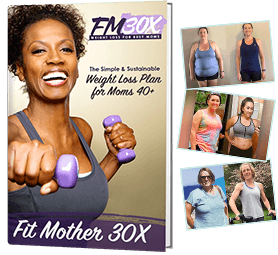
Learn More About FM30X

Join our 6-Week Doctor Designed Health Program.
You'll Gain Foundational Health for the Rest of Life.
*Please know that weight loss results & health changes/improvements vary from individual to individual; you may not achieve similar results. Always consult with your doctor before making health decisions. This is not medical advice – simply very well-researched info on bone density and muscle mass.


